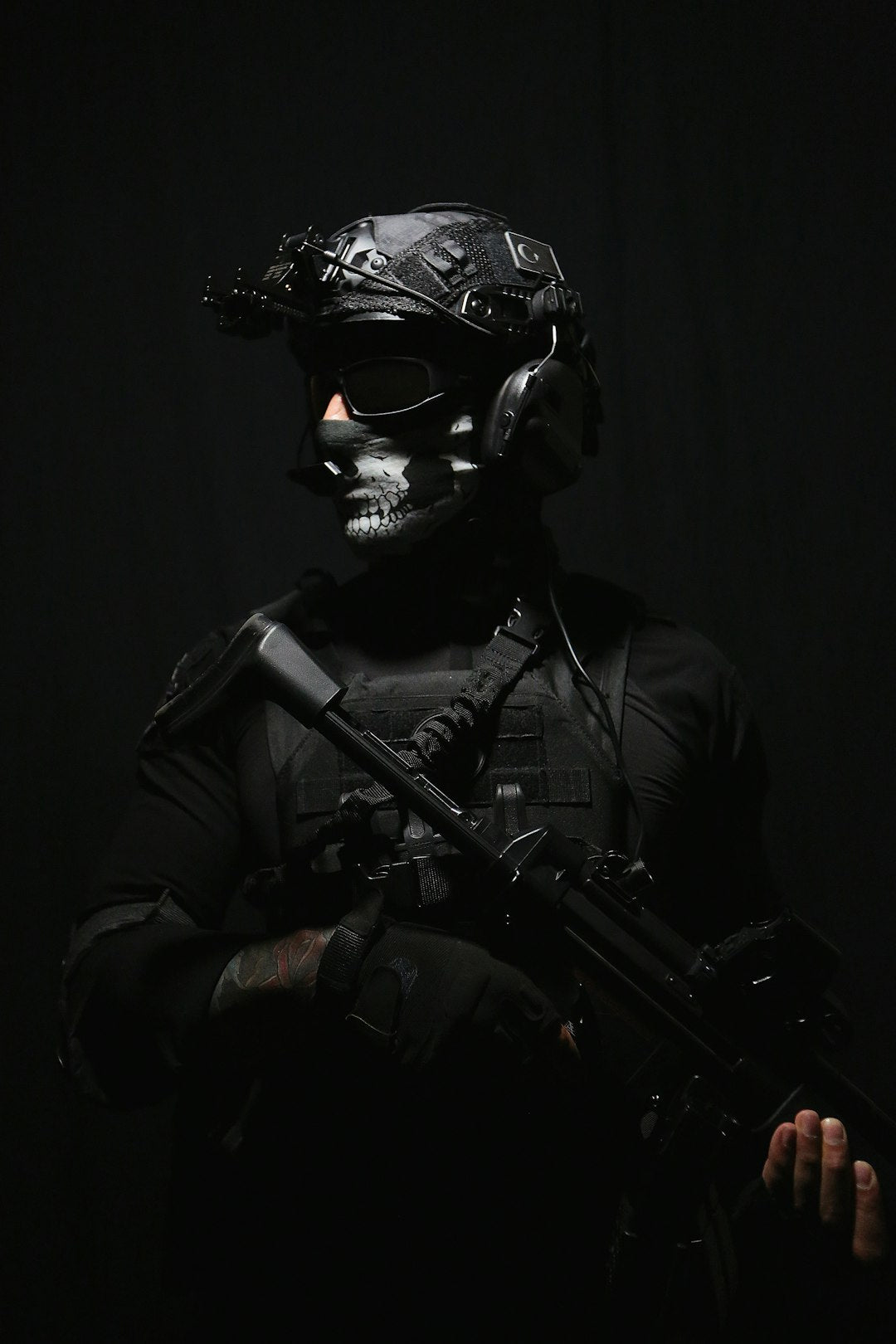
Veterans Crisis Line: Providing Essential Support and Assistance for Our Heroes
Share
Military service comes with challenges that many of us may never fully comprehend. Veterans, especially those from distinguished units like the 10th Mountain Division and US Army, often face a myriad of mental health issues after returning home. The Veterans Crisis Line serves as a vital resource, offering immediate support and assistance to those in need. In this blog post, we will explore the critical role of the Veterans Crisis Line, how it impacts veterans, and the importance of mental health support for our military heroes.
Understanding the Veterans Crisis Line
The Veterans Crisis Line is a confidential resource dedicated to providing support to veterans in distress. Established to address the increasing rates of suicide among veterans, this line offers a lifeline to those who may feel isolated or overwhelmed. The line is available 24/7, ensuring that veterans can reach out whenever they need assistance.
How the Crisis Line Works
When veterans call the Veterans Crisis Line, they are greeted by trained professionals who understand the unique challenges faced by those who have served in the military. These crisis responders can offer emotional support, provide information about resources, and guide callers towards the next steps in their recovery journey.
Here’s a step-by-step overview of how the Veterans Crisis Line functions:
- Call or Text: Veterans can reach the crisis line by calling 1-800-273-8255 (press 1) or by sending a text message to 838255.
- Connect with a Responder: Once connected, a trained crisis responder will listen and provide support, asking questions to understand the situation and needs.
- Developing a Safety Plan: If necessary, the responder can work with the veteran to create a safety plan, providing coping strategies and outlining steps for immediate help.
- Referral to Resources: The crisis responder can connect veterans to local services, including counseling, therapy, or peer support groups.
The Importance of Mental Health Support for Veterans
It’s no secret that many veterans, including those from the 10th Mountain Division and across the US Army, experience various mental health challenges. Whether it's PTSD, anxiety, depression, or other issues, these can significantly impact their quality of life. Recognizing and addressing these challenges is vital in helping veterans reintegrate into civilian life.
Breaking the Stigma
One of the key barriers to seeking help for mental health issues is the stigma that surrounds it. Many veterans may feel reluctant to reach out for help due to fear of judgment or being perceived as weak. This stigma can be particularly pronounced in military culture, where resilience and strength are highly valued.
The Veterans Crisis Line works to combat this stigma by providing a safe, anonymous way for veterans to seek help. It promotes the message that reaching out for assistance is a sign of strength, not weakness. In doing so, it encourages more veterans to take the crucial step towards mental health recovery.
Resources Available Through the Veterans Crisis Line
The Veterans Crisis Line not only provides immediate support but also serves as a gateway to a wide range of resources tailored to the needs of veterans. Some available resources include:
- Counseling Services: Access to professional counseling services that can address specific mental health concerns.
- Support Groups: Connecting veterans with peer support groups that share similar experiences and challenges.
- Online Resources: Information about mental health, therapy options, and upcoming events in the veteran community.
- Emergency Assistance: Guidance for veterans who may be in crisis and need immediate intervention.
Why Pando Commando Supports the Veterans Crisis Line
At Pando Commando, we understand the significance of supporting our military and veterans. As a brand rooted in the military community, we recognize the challenges faced by service members and the necessity of resources like the Veterans Crisis Line. By promoting awareness and providing resources related to mental health support, we aim to foster a more inclusive environment for all veterans.
Engaging with the Veterans Crisis Line and its services is crucial in ensuring that every veteran knows they are not alone. The support they receive can have a profound impact, helping them navigate their struggles and transition more successfully into civilian life.
Voices of Veterans: Real Stories of Recovery
To truly understand the impact of the Veterans Crisis Line, it is essential to hear from those who have utilized its services. Here are a few inspiring stories from veterans who sought help and found their path toward recovery.
John’s Journey
John served in the US Army for several years and encountered severe PTSD after returning home. Struggling alone, he feared reaching out for help. Eventually, he took the step to call the Veterans Crisis Line. “I didn’t realize how much I needed someone to talk to,” he shared. The support he received helped him create a plan for therapy and connect him to local services.
Maria’s Story
As a combat veteran from the 10th Mountain Division, Maria dealt with anxiety and depression that intensified after her service. She initially resisted the idea of seeking help but took a leap of faith and reached out to the Veterans Crisis Line. “They understood where I was coming from,” she stated. “I felt a weight lifted off my shoulders.” Through their guidance, she found her way to peer support groups that changed her life.
How You Can Help
Supporting veterans doesn't have to be limited to individual actions. As a community, we can come together to promote resources like the Veterans Crisis Line. Here are some ways to help:
- Spread Awareness: Share information about the Veterans Crisis Line on social media or within your community.
- Encourage Open Conversations: Foster dialogues regarding mental health in your circles, emphasizing it's OK to seek help.
- Volunteer: Engage with local veteran organizations or participate in events that support veteran mental health initiatives.
- Advocate for Changes: Support policies that improve access to mental health care for veterans and better resources.
Finding Your Voice: Empowering Veterans Through Support
As we wrap up our discussion on the Veterans Crisis Line, it's crucial to recognize the importance of empowerment and community. By providing accessible resources, sharing stories of recovery, and breaking down barriers, we can create a supportive environment for veterans adjusting to civilian life. It's time to harness collective strength to ensure that every veteran knows they are valued, supported, and deserving of help.
If you or someone you know is a veteran in need of assistance, reach out to the Veterans Crisis Line today. You are not alone; support is just a call or text away. Together, let's honor our military heroes and help them find the peace and support they deserve.


